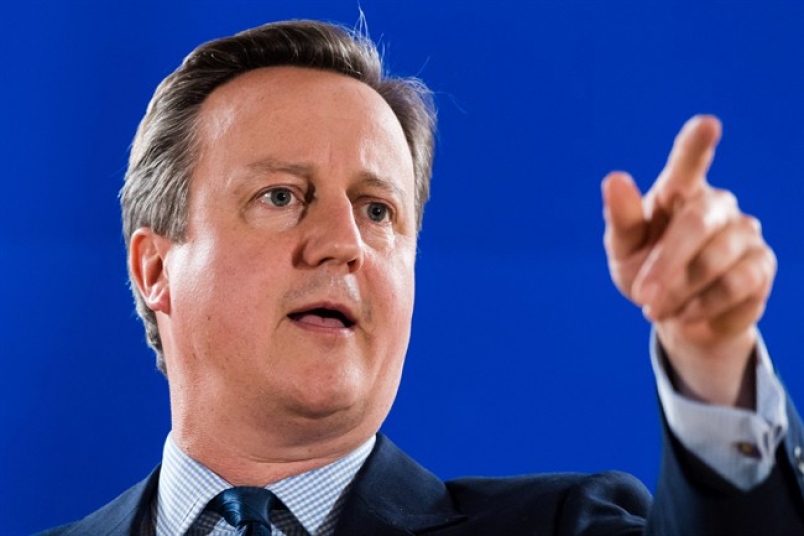-
Tips for becoming a good boxer - November 6, 2020
-
7 expert tips for making your hens night a memorable one - November 6, 2020
-
5 reasons to host your Christmas party on a cruise boat - November 6, 2020
-
What to do when you’re charged with a crime - November 6, 2020
-
Should you get one or multiple dogs? Here’s all you need to know - November 3, 2020
-
A Guide: How to Build Your Very Own Magic Mirror - February 14, 2019
-
Our Top Inspirational Baseball Stars - November 24, 2018
-
Five Tech Tools That Will Help You Turn Your Blog into a Business - November 24, 2018
-
How to Indulge on Vacation without Expanding Your Waist - November 9, 2018
-
5 Strategies for Businesses to Appeal to Today’s Increasingly Mobile-Crazed Customers - November 9, 2018
UK parl’t committee slams former PM Cameron’s Libya policy
“This report determines that United Kingdom policy in Libya before and since the intervention of March 2011 was founded on erroneous assumptions and an incomplete understanding of the country and the situation”, said the chairman of the Foreign Affairs Committee, MP Crispin Blunt, in a statement.
Advertisement
“The tragedy is that by overthrowing the regime [in Libya], we, like in Iraq, destroyed the state itself, in what was followed by chaos; right now, this chaos is riding especially roughshod over Europe, which is seeing an influx of migrants from Iraq, Syria and Libya”, he said.
“While defeating all manifestations of violent extremism should remain a United Kingdom government priority, the primary objective in Libya should be to support a central authority that can deliver greater stability, address the root causes of extremism and act as an effective partner in the common struggle against militant groups”. There are two centers of power in the crisis- hit country; the internationally recognized government in Tobruk, the Government of National Accord (GNA) and Tripoli-based General National Congress (GNC).
But his death gave way to chaos, including inter-ethnic and tribal rivalries, that saw the country break down into city states, many of those with competing militias, CNN International Diplomatic Editor Nic Robertson said.
Cameron stepped down as prime minister in July and resigned from Parliament this week.
The Government launched airstrikes after exaggerated threats that Col Gaddafi was about to massacre civilians in Benghazi, and failed to spot significant numbers of extremists were among the rebels, MPs say.
The British and French governments have been sharply criticized for pursuing an “opportunist policy of regime change” that led to the “political and economic collapse” of Libya in a key British parliamentary committee report released on yesterday.
The post-intervention response was also lacking, it said.
The report vindicates charges made by Russian Federation that Britain, France, and the United States had double-crossed Russian Federation when it supported the UN intervention.
He added, “Other political options were available”.
The committee said there should now be an independent review of the operation of the NSC – which was set-up by Mr Cameron – to see if it had succeeded in addressing the weaknesses in government decision-making identified in the run-up to the 2003 invasion of Iraq.
The Foreign Office defended the intervention.
MPs from the Commons Foreign Affairs Committee said there was no coherent strategy for how to deal with the aftermath of the north African country when Colonel Muammar Gaddafi was overthrown. The UK Government correctly identified the need to secure weapons immediately after the 2011 Libyan civil war, but it and its worldwide partners took insufficient action to achieve that objective’.
Advertisement
He also rejected a suggestion that intelligence chiefs and senior military officials should be entitled to seek a formal instruction from the prime minister if they believe decisions are being taken against the national interest.





























